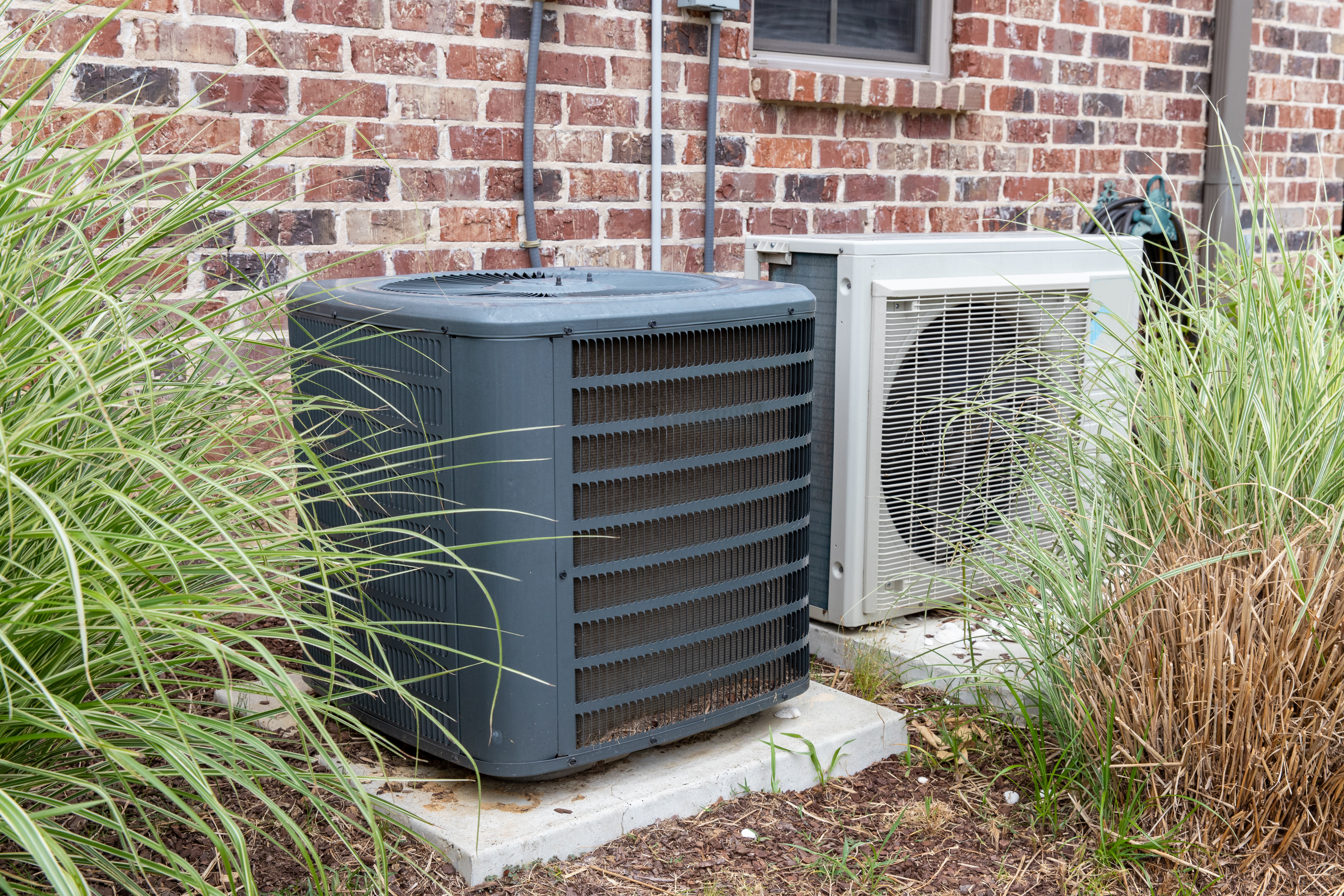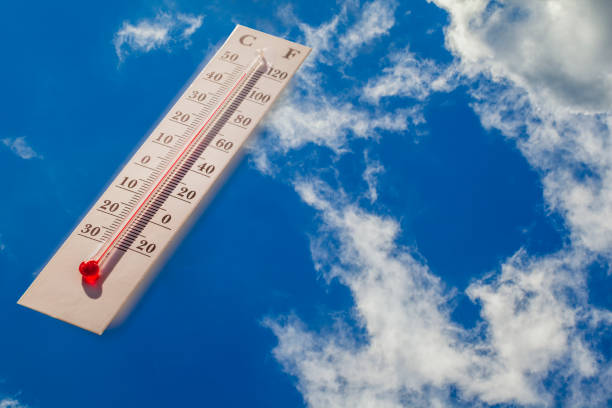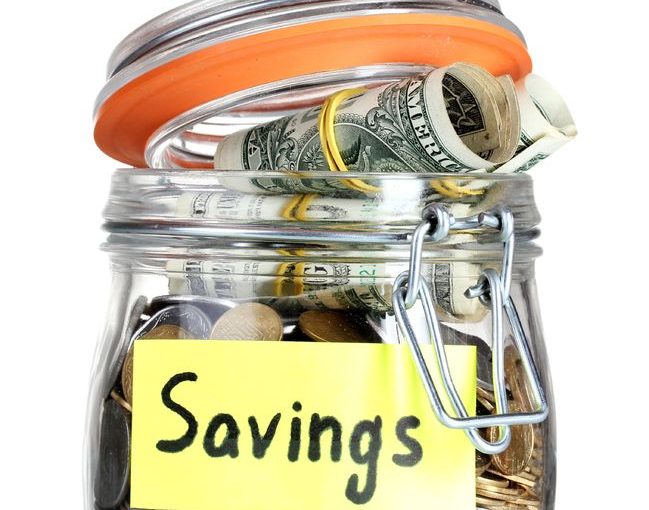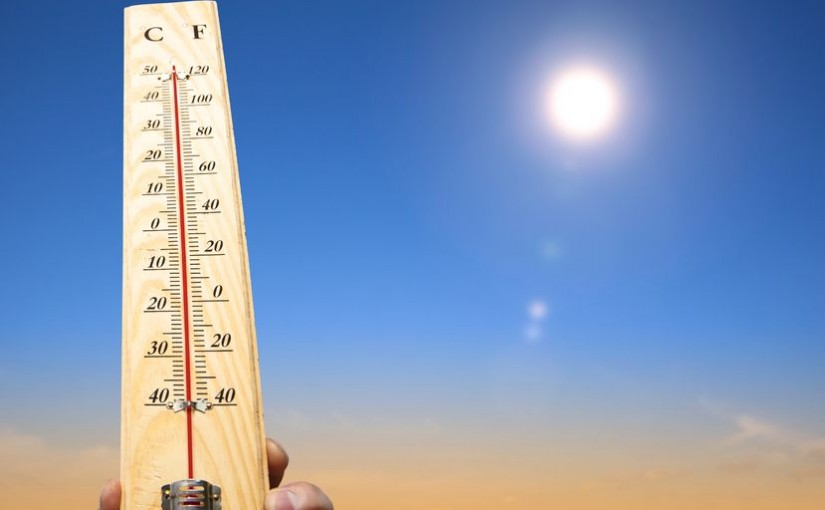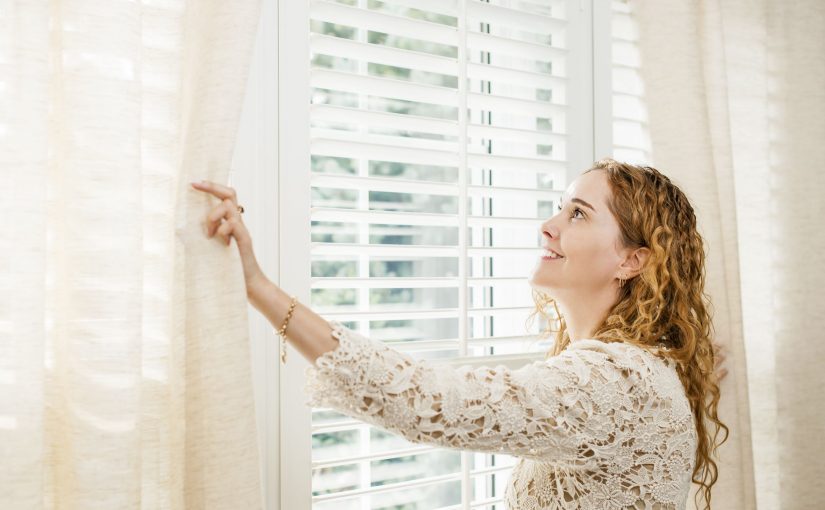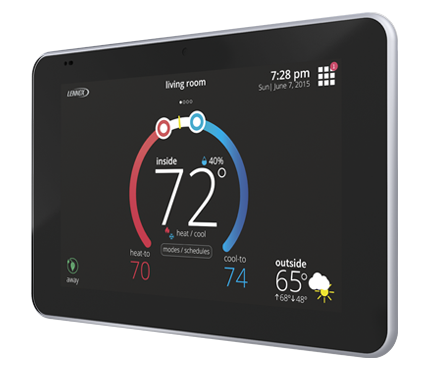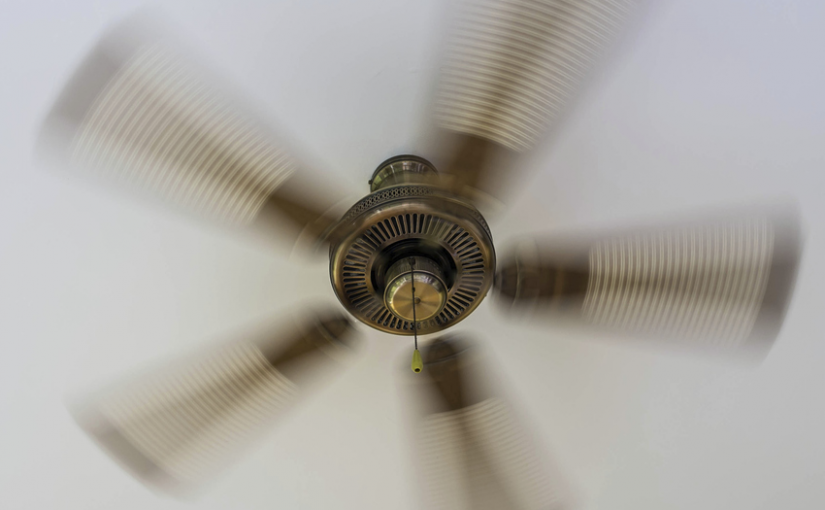As we get closer to Summer, you may be considering an upgrade to your home cooling system. Whether you’re using conventional forced air or portable air conditioning units, you’ve likely noticed a lack of effectiveness or a fair bit of inconvenience. Upgrading from conventional cooling to an HVAC system affords you numerous benefits, especially during the sweltering summer months. While both types of system aim to keep indoor environments comfortable, HVAC systems provide a more comprehensive, efficient, and environmentally friendly solution.
Enhanced Comfort and Air Quality
One of the primary advantages of HVAC systems over traditional air conditioners is the improvement in overall comfort and indoor air quality. HVAC systems are designed to regulate temperature, humidity, and air purity simultaneously. This means that not only will your home be cooler in the summer, but it will also maintain optimal humidity levels, reducing the sticky, uncomfortable feeling often associated with high temperatures. Moreover, HVAC systems come with advanced filtration options that effectively remove pollutants, allergens, and other airborne particles, resulting in cleaner and healthier indoor air.
Energy Efficiency and Cost Savings
Another significant benefit of upgrading to an HVAC system is the potential for increased energy efficiency and cost savings. Modern HVAC units are engineered to be more energy-efficient than older air conditioning models. They often come with features like programmable thermostats and energy-efficient components that work together to reduce energy consumption. Over time, the reduced energy usage translates to lower utility bills, which can offset the initial investment in the HVAC system. Additionally, many newer HVAC systems qualify for rebates and incentives, further reducing the overall cost of upgrading.
Zoning Capabilities
Some HVAC systems offer zoning capabilities, which allow homeowners to control the temperature of individual rooms or zones independently. This means you can cool specific areas of your home without wasting energy on rooms that are not in use. For instance, during the day, you can keep the living areas cool while letting the temperature rise slightly in the bedrooms. This targeted cooling not only enhances comfort but also significantly boosts energy efficiency, leading to more savings on your energy bills.
Reliability and Longevity
Upgrading to an HVAC system also means investing in a more reliable and durable solution. Modern HVAC systems are built with advanced technology and higher-quality materials, making them more robust and less prone to breakdowns compared to older conventional air conditioning units. With proper maintenance, an HVAC system can last significantly longer, providing consistent and reliable performance year after year. Plus, when you schedule regular maintenance with the pros at Air Handlers, you never have to worry about your HVAC system going offline for long periods of time.
Smart Technology Integration
Modern HVAC systems often come with smart technology integration, allowing for greater control and convenience. Smart thermostats, for example, enable remote monitoring and control of the system via smartphones or other devices. This means you can adjust the temperature settings while away from home, ensuring optimal comfort upon your return without wasting energy. These smart features also provide detailed energy usage reports and maintenance reminders, helping you manage your system more effectively.
Conclusion
Upgrading from a conventional air conditioning unit to a modern HVAC system offers a multitude of benefits that go beyond just cooling your home. Enhanced comfort, better air quality, improved energy efficiency, and cost savings are just a few of the advantages that make HVAC systems a superior choice. With the added benefits of zoning capabilities, increased reliability, and smart technology integration, an HVAC system provides a comprehensive solution for maintaining a comfortable and energy-efficient home during the summer months and beyond. Investing in an HVAC upgrade is not just about immediate comfort; it’s about long-term savings, reliability, and contributing to a healthier environment.
